Filter by
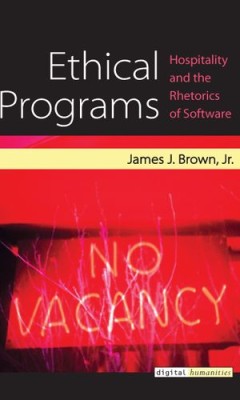
Ethical Programs: Hospitality and the Rhetorics of Software
Living in a networked world means never really getting to decide in any thoroughgoing way who or what enters your “space” (your laptop, your iPhone, your thermostat . . . your home). With this as a basic frame-of-reference, James J. Brown’s Ethical Programs examines and explores the rhetorical potential and problems of a hospitality ethos suited to a new era of hosts and guests. Brown rea…
- Edition
- -
- ISBN/ISSN
- 9780472900084
- Collation
- -
- Series Title
- -
- Call Number
- 302.23 BRO e
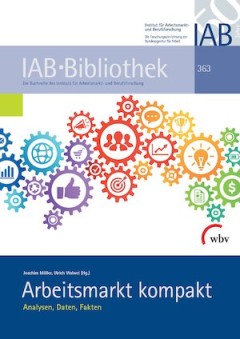
Arbeitsmarkt Kompakt: Analysen, Daten, Fakten
"Arbeitsmarkt kompakt" bietet eine umfassende Bestandsaufnahme des deutschen Arbeitsmarkts für Wissenschaftler und Praktiker. Kurzgefasste, mit zahlreichen Infografiken versehene Texte erlauben einen schnellen Überblick über einschlägige Forschungsbefunde des IAB. Der Band befasst sich mit folgenden Themenfeldern: - Standortbestimmung: Herausforderungen am Arbeitsmarkt - Demografie und Erwe…
- Edition
- -
- ISBN/ISSN
- 9783763941131
- Collation
- -
- Series Title
- -
- Call Number
- 300

'Arbeitsmarkt 2030 - Digitalisierung der Arbeitswelt
The analyses and results included in the technical assessment complement the third main study "The German Labour Market in 2030 - Economy and Labour Market in the Digital Age - Forecast 2016" (Original title: Arbeitsmarkt 2030 - Wirtschaft und Arbeitsmarkt im digitalen Zeitalter; Prognose 2016). The authors examine the implications of digitalisation on today's work by means of different individ…
- Edition
- -
- ISBN/ISSN
- -
- Collation
- -
- Series Title
- -
- Call Number
- 300

Arbeits(un)fähigkeit herstellen
As most industrialised countries, Switzerland is increasingly attempting to (re)integrate people with health restrictions and disabilities into the job market. The reinforced political demand to reintegrate people with health restrictions challenges both the involved organisations and its employees. While the means and methods to assess (in)capacity for work are more and more refined, the accor…
- Edition
- -
- ISBN/ISSN
- 9783037777237
- Collation
- -
- Series Title
- -
- Call Number
- 300
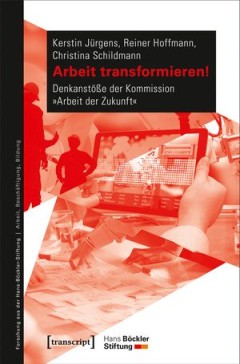
Arbeit transformieren!: Denkanstöße der Kommission »Arbeit der Zukunft«
Die Arbeitswelt wird sich in den kommenden Jahrzehnten fundamental verändern. Welche Kräfte wirken auf dem Arbeitsmarkt? Mit welchen Veränderungen ist zu rechnen? Und was bedeutet dies für die arbeitsmarktpolitischen Akteure? Dieser Abschlussbericht der Kommission »Arbeit der Zukunft« - mit Mitgliedern aus Wissenschaft und Praxis, Wirtschaft und Gewerkschaften - liefert eine Diagnose der …
- Edition
- -
- ISBN/ISSN
- 9783839440520
- Collation
- -
- Series Title
- -
- Call Number
- 300
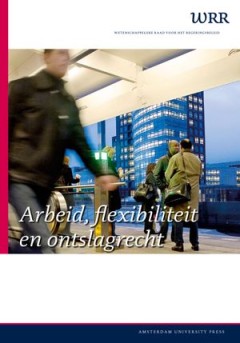
Arbeidsflexibiliteit en ontslagrecht
- Edition
- -
- ISBN/ISSN
- 9789053569931
- Collation
- -
- Series Title
- -
- Call Number
- 300
- Edition
- -
- ISBN/ISSN
- 9789053569931
- Collation
- -
- Series Title
- -
- Call Number
- 300
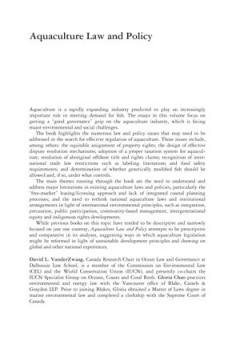
Aquaculture Law and Policy
The aquaculture industry is fast expanding around the globe and causing major environmental and social disruptions. The volume is about getting a 'good governance' grip on this important industry. The book highlights the numerous law and policy issues that must be addressed in the search for effective regulation of aquaculture. Those issues include among others: the equitable and fair assignmen…
- Edition
- -
- ISBN/ISSN
- 9780203966556
- Collation
- -
- Series Title
- -
- Call Number
- 300
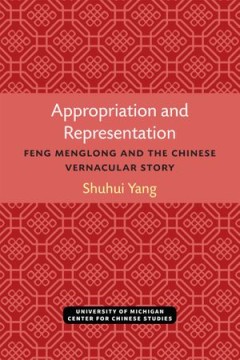
'Appropriation and Representation: Feng Menglong and the Chinese Vernacular S…
Feng Menglong (1574–1646) was recognized as the most knowledgeable connoisseur of popular literature of his time. He is known today for compiling three famous collections of vernacular short stories, each containing forty stories, collectively known as Sanyan. Appropriation and Representation adapts concepts of ventriloquism and dialogism from Bakhtin and Holquist to explore Feng’s metho…
- Edition
- -
- ISBN/ISSN
- 9780472901517
- Collation
- -
- Series Title
- -
- Call Number
- 300
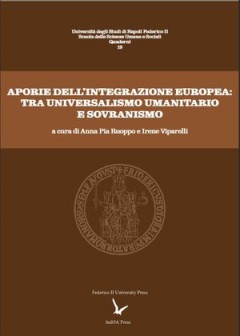
Aporie dell’integrazione europea: Tra universalismo umanitario e sovranismo
Aporie dell’integrazione europea: tra universalismo umanitario e sovranismo è frutto di un percorso di studio e di ricerca che ha coinvolto studiosi afferenti all’Università di Évora e al Centro de Investigação em Ciência Política (CICP) in Portogallo e studiosi del DSU della Federico II di Napoli e di altre prestigiose università italiane. Il volume articolato in tre sezioni, affro…
- Edition
- -
- ISBN/ISSN
- 9788868870997
- Collation
- -
- Series Title
- -
- Call Number
- 300
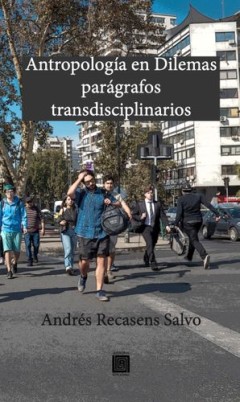
Antropología en dilemas: parágrafos transdisciplinarios
Exhibition on the role of the anthropologist in its different facets as a trainer, researcher, disseminator.
- Edition
- -
- ISBN/ISSN
- 9789568416782
- Collation
- -
- Series Title
- -
- Call Number
- 300
 Computer Science, Information & General Works
Computer Science, Information & General Works  Philosophy & Psychology
Philosophy & Psychology  Religion
Religion  Social Sciences
Social Sciences  Language
Language  Pure Science
Pure Science  Applied Sciences
Applied Sciences  Art & Recreation
Art & Recreation  Literature
Literature  History & Geography
History & Geography